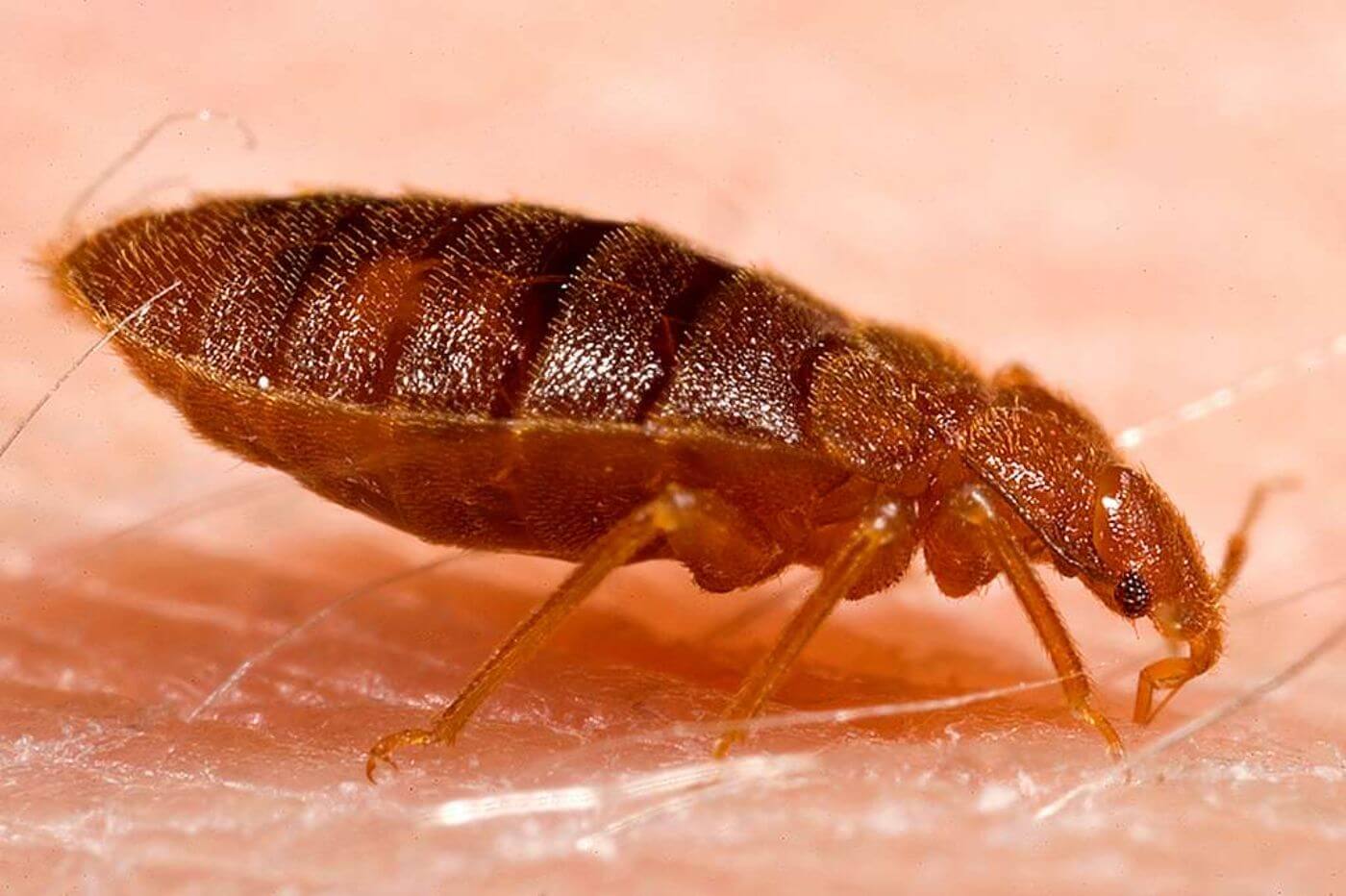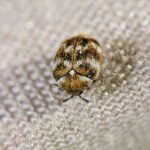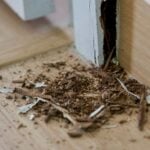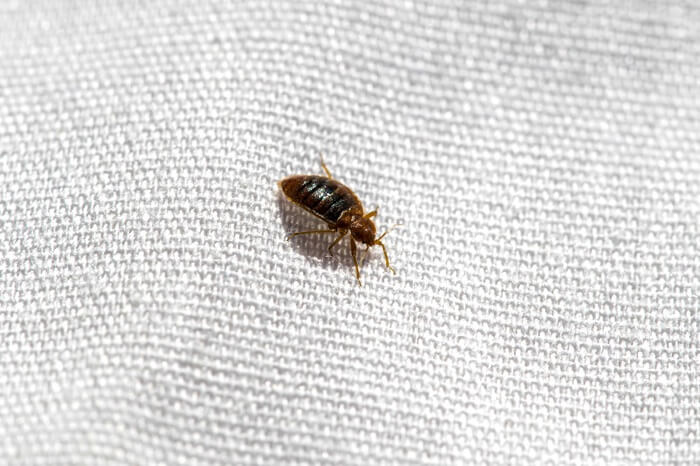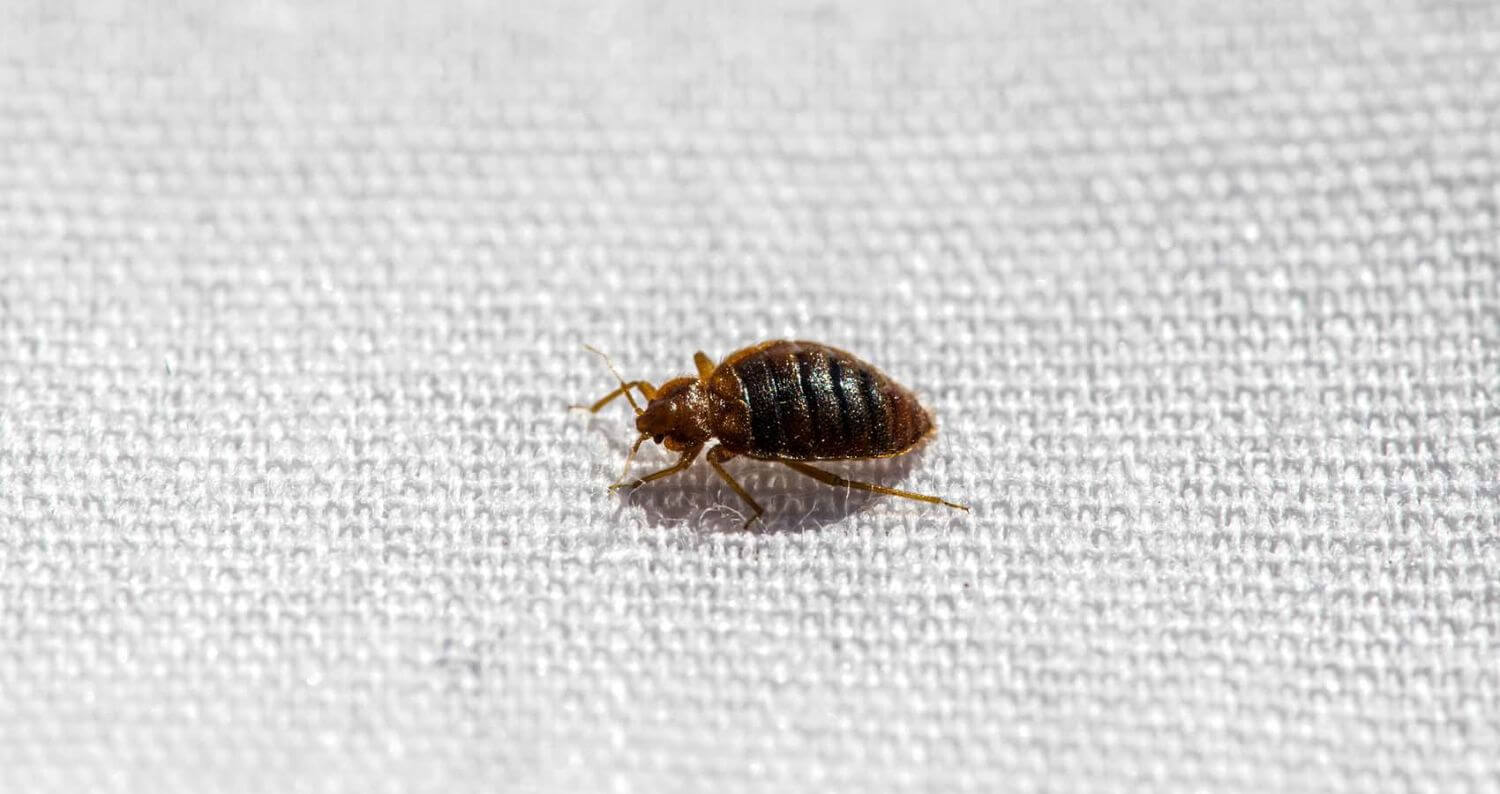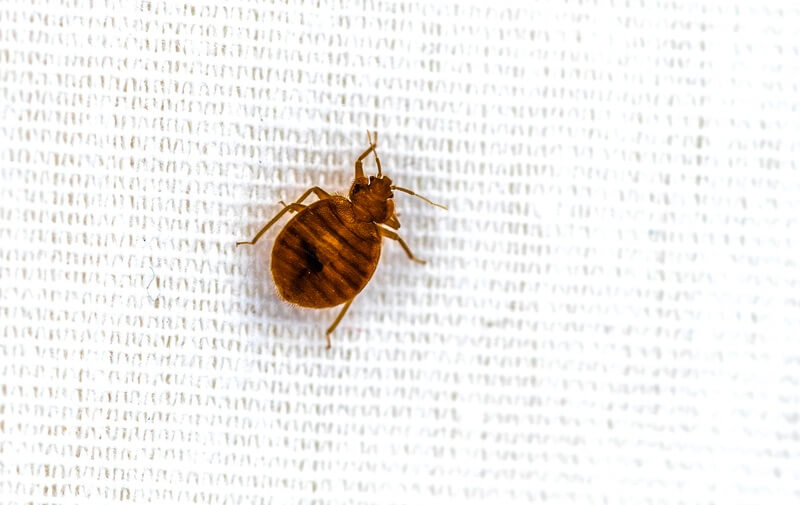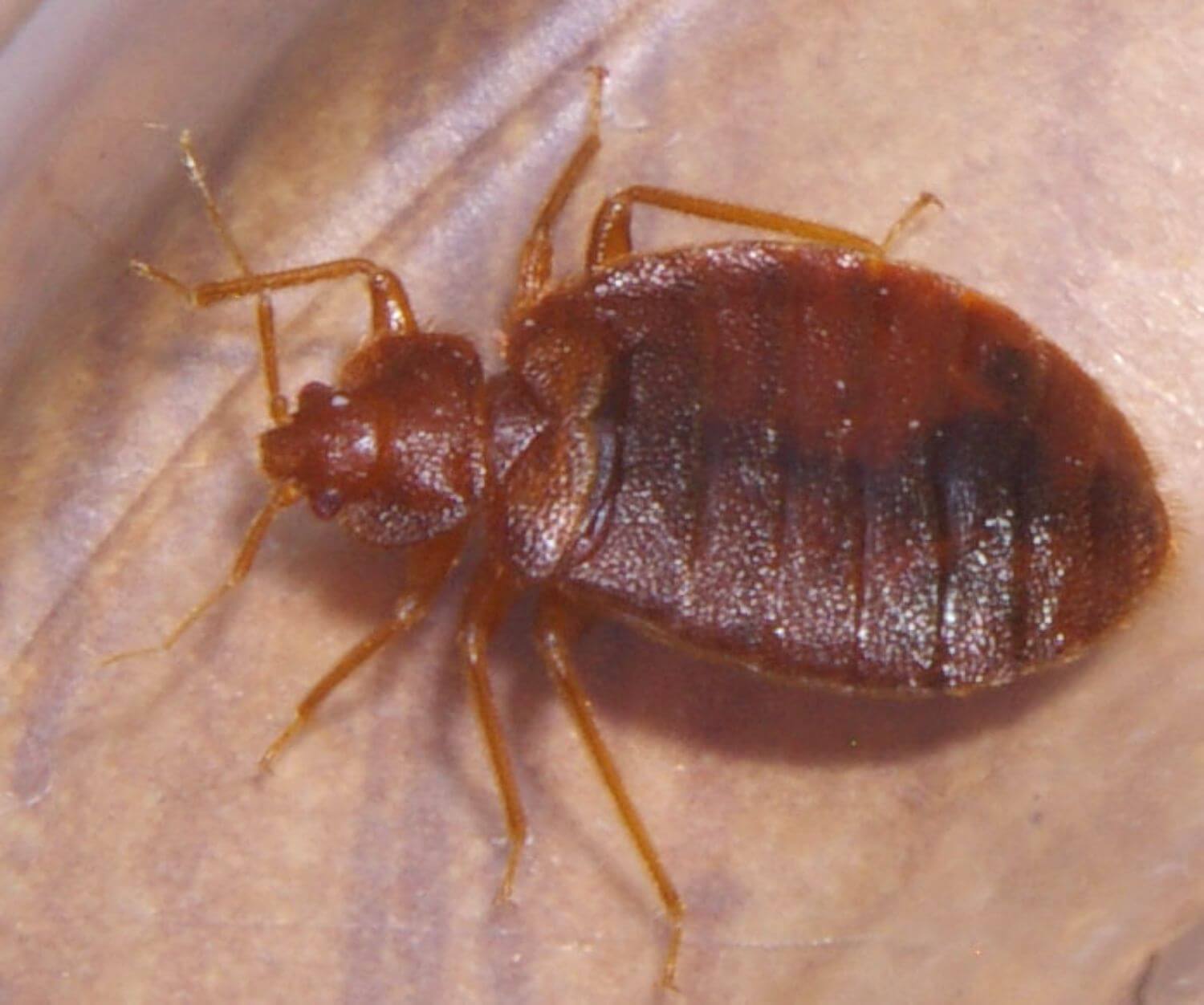Finding bed bugs in your home can be absolutely terrifying. These tiny pests multiply quickly and are notoriously hard to get rid of. When you’re dealing with an infestation, you’ll probably start looking for solutions online and might come across boric acid as a recommended treatment. But does boric acid kill bed bugs effectively? The answer might surprise you.
While boric acid works great against many household pests like ants and cockroaches, scientific research shows it’s not very effective against bed bugs when used the typical way. This article will break down what the science actually says about using boric acid to kill bed bugs, why it doesn’t work as advertised, and what methods actually do work.
What is Boric Acid and How Does It Work?
Before we dive into whether boric acid works against bed bugs, let’s understand what this stuff actually is and how it’s supposed to kill insects.
The Basics of Boric Acid
Boric acid is a white, powdery substance that comes from boron, a natural element found in the earth. You might have seen it in stores as a pest control product, or maybe you’ve used it for other household purposes. It’s been around for a long time and has a reputation for being effective against many types of bugs.
- Kill bed bugs and bed bug eggs
- Use spray as a spot treatment around bed frames, mattress seams/tufts/folds, and baseboards
- Kills even the toughest bed bugs
- The continuous spray Comfort Wand easily gets into hard-to-reach areas
The powder is relatively safe compared to other pesticides, which is why many people prefer it for DIY pest control. You can find it at most hardware stores, online, or even in some grocery stores.
How Boric Acid is Supposed to Kill Bugs
Boric acid works in two main ways to kill insects. First, when bugs eat it, the acid messes with their digestive system and metabolism. Basically, it poisons them from the inside out. This is called the “stomach poison” effect.
Second, the tiny particles can supposedly damage the outer shell of insects when they walk through it. The sharp microscopic edges cut into their protective coating, causing them to lose moisture and eventually die from dehydration.
This double action has made boric acid popular for getting rid of ants, cockroaches, and other household pests. But as you’ll see, bed bugs are a completely different story.
The Science Behind Boric Acid and Bed Bugs
Here’s where things get interesting. Scientists at North Carolina State University decided to test whether boric acid actually works against bed bugs. What they found was pretty surprising and goes against what many pest control websites claim.
What the Research Actually Shows
The researchers did several different experiments to test whether boric acid kills bed bugs in different situations. They tested both contact exposure (like sprinkling the powder around) and ingestion (getting the bugs to actually eat it).
Here’s what they found: When bed bugs ate boric acid mixed into blood, it killed them very effectively. Even tiny amounts (as low as 0.5%) eventually killed all the bugs, though higher concentrations (2% or more) worked much faster.
But here’s the kicker: when they exposed bed bugs to boric acid dust (the way most people use it), it barely worked at all. Only about 33% of the bugs died after two weeks of exposure, and more than 85% of recently fed bugs survived completely.
Why Contact Exposure Doesn’t Work
The study revealed something important about bed bug biology. Unlike other insects, bed bugs have a really tough outer shell that protects them from boric acid particles. The powder just can’t penetrate their skin effectively enough to kill them.
Even when the researchers ground the boric acid into much smaller particles, thinking it might work better, it still didn’t help. The bed bugs’ natural defenses are just too good at keeping the acid out.
To make matters worse, bed bugs actually avoid areas with lots of powder. They can sense when there’s something they don’t like and will find ways around it.
The Big Problem with Using Boric Acid to Kill Bed Bugs
Now we get to the heart of why boric acid to kill bed bugs doesn’t work the way people think it should. It all comes down to what bed bugs eat.
Bed Bugs Only Drink Blood
Here’s the thing about bed bugs that makes them different from ants, cockroaches, and other pests: they only feed on blood. That’s it. They don’t eat crumbs, sugar, grease, or any of the other foods that attract most household pests.
This is a huge problem for boric acid to kill bed bugs because the acid needs to be eaten to work effectively. You can’t just mix it with some sugar or peanut butter like you would for ant bait. Bed bugs have zero interest in eating anything except blood.
Their mouths are also specially designed for piercing skin and sucking blood. They literally cannot eat solid particles like boric acid powder, even if they wanted to.
Why Baits Don’t Work
Most effective boric acid treatments for other pests involve mixing the powder with attractive food. Ants love sweet baits, cockroaches will eat almost anything, and silverfish go for starchy foods. But what kind of bait can you make for a bug that only wants blood?
Scientists are working on this problem, but right now there aren’t any commercially available bed bug baits that contain boric acid. Even if someone invented one, it would have to somehow trick bed bugs into thinking they’re drinking blood when they’re actually consuming poison.
Myths About Boric Acid and Bed Bugs
Since boric acid kills bed bugs is such a common question online, let’s clear up some of the biggest myths you might have heard.
Myth: Sprinkling Powder Around Your Bed Will Work
This is probably the most common piece of advice you’ll see online, and it’s based on how boric acid works for other pests. The idea is that bed bugs will walk through the powder on their way to bite you, get it on their bodies, and die.
Unfortunately, the research shows this just doesn’t happen with bed bugs. Their tough outer shell protects them too well, and they’re smart enough to avoid walking through obvious piles of powder.
- Kill bed bugs and bed bug eggs
- Use spray as a spot treatment around bed frames, mattress seams/tufts/folds, and baseboards
- Kills even the toughest bed bugs
- The continuous spray Comfort Wand easily gets into hard-to-reach areas
Myth: All Bugs Respond the Same Way
Just because boric acid works great for cockroaches doesn’t mean it works for bed bugs. This is a classic case of assuming all insects are basically the same, when they’re actually very different.
Cockroaches will eat boric acid baits and also get killed by walking through the powder. Bed bugs won’t eat the baits and don’t get killed by contact. It’s like comparing apples and oranges.
Myth: Natural Means Safe and Effective
Many people assume that because boric acid is “natural” and less toxic than some pesticides, it must be safe and effective. While it is relatively safer than many chemicals, boric acid to kill bed bugs still comes with health risks.
The stuff can irritate your lungs if you breathe it in, and the World Health Organization warns that too much can actually be dangerous. Plus, “natural” doesn’t automatically mean “effective” for your specific pest problem.
Health and Safety Concerns
Before you decide to try boric acid to kill bed bugs anyway, you should know about the potential health risks.
Respiratory Risks
Boric acid is a fine powder, and breathing in any fine particles isn’t great for your lungs. The CDC warns that it can cause breathing problems and potentially lead to a condition called silicosis if you’re exposed to too much over time.
When people apply boric acid for pest control, they often create dust clouds without realizing it. This can be especially dangerous for kids, elderly people, or anyone with breathing problems like asthma.
Chemical Exposure in Your Home
Even though boric acid is considered safer than many pesticides, you’re still spreading a chemical around your living space. If you have pets or small children who spend time on the floor, they could accidentally ingest some of the powder.
The WHO says the human body can only handle about 0.16 milligrams per day safely. That might sound like a lot, but it’s actually pretty easy to exceed if you’re not careful with application.
Proper Safety Measures
If you do decide to try boric acid despite the limited effectiveness, you need to wear gloves, eye protection, and a good mask. Apply it carefully to avoid creating dust clouds, and keep kids and pets away from treated areas.
Never use more than the label recommends, thinking it will work better. More powder doesn’t mean better results and just increases your health risks.
What Actually Works Against Bed Bugs
Since boric acid to kill bed bugs isn’t very effective, what should you do instead? Fortunately, there are several methods that actually work well.
Heat Treatment Is the Gold Standard
Heat treatment is probably the most effective way to kill bed bugs. The idea is simple: raise the temperature in your room or entire home to about 120-140°F for several hours. This temperature kills bed bugs at all life stages, including eggs.
Professional heat treatments work better than DIY attempts because they have the right equipment and know how to monitor temperatures properly. The heat can penetrate into cracks, furniture, and other hiding spots that chemicals can’t reach.
The downside is cost. Professional heat treatment can be expensive, often ranging from $300 to $5,000 depending on the size of your home and severity of the infestation.
Chemical Treatments by Professionals
Modern pest control professionals have access to much more effective chemicals than what you can buy at the store. They also know exactly where to apply them and how much to use.
The key difference is that pros understand bed bug behavior and biology. They know where bugs hide, how they move around, and which chemicals actually work. Many consumer products simply don’t contain the right ingredients or concentrations to be effective.
Chemical treatments often require multiple visits to break the bed bug life cycle, but they can be very effective when done properly.
Integrated Pest Management
The best approach usually combines multiple methods. This might include heat treatment, targeted chemical applications, mattress encasements, thorough cleaning, and ongoing monitoring.
Professional exterminators often use this integrated approach because no single method is 100% effective on its own. Even heat treatment might miss a few bugs hiding in cool spots, so having backup methods is important.
When Might Boric Acid Have Some Value?
While research shows that boric acid alone isn’t effective, there might be very limited situations where it could play a small supporting role.
As Part of a Larger Treatment Plan
Some pest control professionals might use boric acid in specific situations as part of a comprehensive treatment plan. For example, they might apply it in wall voids or other areas where it won’t be disturbed, just in case a few bugs come into contact with it.
However, this would never be the main treatment method. It would just be one small part of a much larger strategy that relies primarily on proven methods like heat and targeted chemicals.
For Very Minor Infestations
If you catch a bed bug problem extremely early when there are only a few bugs, some people report success with intensive cleaning combined with various DIY methods including boric acid. However, it’s impossible to know whether the boric acid actually helped or if the other methods did all the work.
Given how quickly bed bugs multiply, most experts recommend going straight to proven methods rather than experimenting with less effective options.
The Future of Boric Acid Research
Interestingly, scientists haven’t given up on boric acid completely. They’re working on new ways to get bed bugs to actually consume it.
Developing Better Delivery Methods
Researchers are trying to figure out how to create baits that bed bugs will actually want to “eat.” This is tricky because bed bugs are so specialized in their feeding behavior.
Some ideas include finding ways to inject boric acid into blood meals or developing synthetic attractants that might trick bed bugs into consuming the poison. However, these are still in the research phase and not available to consumers.
Why Scientists Are Still Interested
Despite the current limitations, boric acid has some attractive properties for pest control. It’s relatively safe for humans and pets, it’s cheap, it dissolves easily in water, and insects don’t seem to develop resistance to it like they do with other chemicals.
If scientists can solve the delivery problem, boric acid could become an important tool for bed bug control in the future. But that future isn’t here yet.
Making Smart Decisions About Bed Bug Control
When you’re dealing with bed bugs, it’s natural to want to try everything you can find online. But understanding what actually works can save you time, money, and frustration.
Don’t Fall for Marketing Hype
Many products are marketed as effective against bed bugs without much scientific backing. Companies know that desperate homeowners will try almost anything, so they make claims that sound good but aren’t supported by research.
Always look for products that specifically mention bed bugs on the label and have been tested against them. Generic “insect killer” products often don’t work well for bed bugs even if they work for other pests.
Consider Professional Help Early
While professional treatment costs more upfront, it’s often cheaper in the long run than trying multiple DIY methods that don’t work. Bed bugs multiply quickly, so a small problem can become a huge one if you waste time with ineffective treatments.
If you do want to try DIY methods first, stick to the ones with scientific backing like heat treatment or specific bed bug sprays. Set a deadline for yourself, and if you’re not seeing results within a few weeks, call a professional.
Focus on Prevention
Once you get rid of bed bugs, prevention becomes crucial. This includes regular inspection of your sleeping areas, being careful when traveling, and knowing the early warning signs of reinfestation.
Good prevention habits are much easier and cheaper than dealing with another full-blown infestation. Check your mattress seams regularly, use protective encasements, and don’t bring used furniture into your home without careful inspection.
The Bottom Line on Boric Acid and Bed Bugs
So, does boric acid kill bed bugs? The scientific answer is: only when they eat it, which almost never happens in real-world situations. The dust application that most people try is largely ineffective according to research.
While boric acid is great for many household pests, bed bugs are just too specialized in their feeding behavior and too well-protected by their tough outer shell. Using boric acid as your primary bed bug treatment is likely to waste time and allow the infestation to get worse.
If you’re dealing with bed bugs, your best bet is to skip the home remedies and go straight to proven methods like professional heat treatment or targeted chemical applications. These methods cost more upfront but are much more likely to actually solve your problem.
Remember, bed bugs are one of the most difficult pests to eliminate, even for professionals. There’s no shame in admitting you need expert help, and getting effective treatment quickly can save you weeks or months of frustration with methods that don’t really work.
The key is to base your decisions on scientific evidence rather than marketing claims or online anecdotes. When it comes to bed bugs, what works in a laboratory under controlled conditions is what you want to rely on, not what someone’s cousin’s friend said worked for them.

